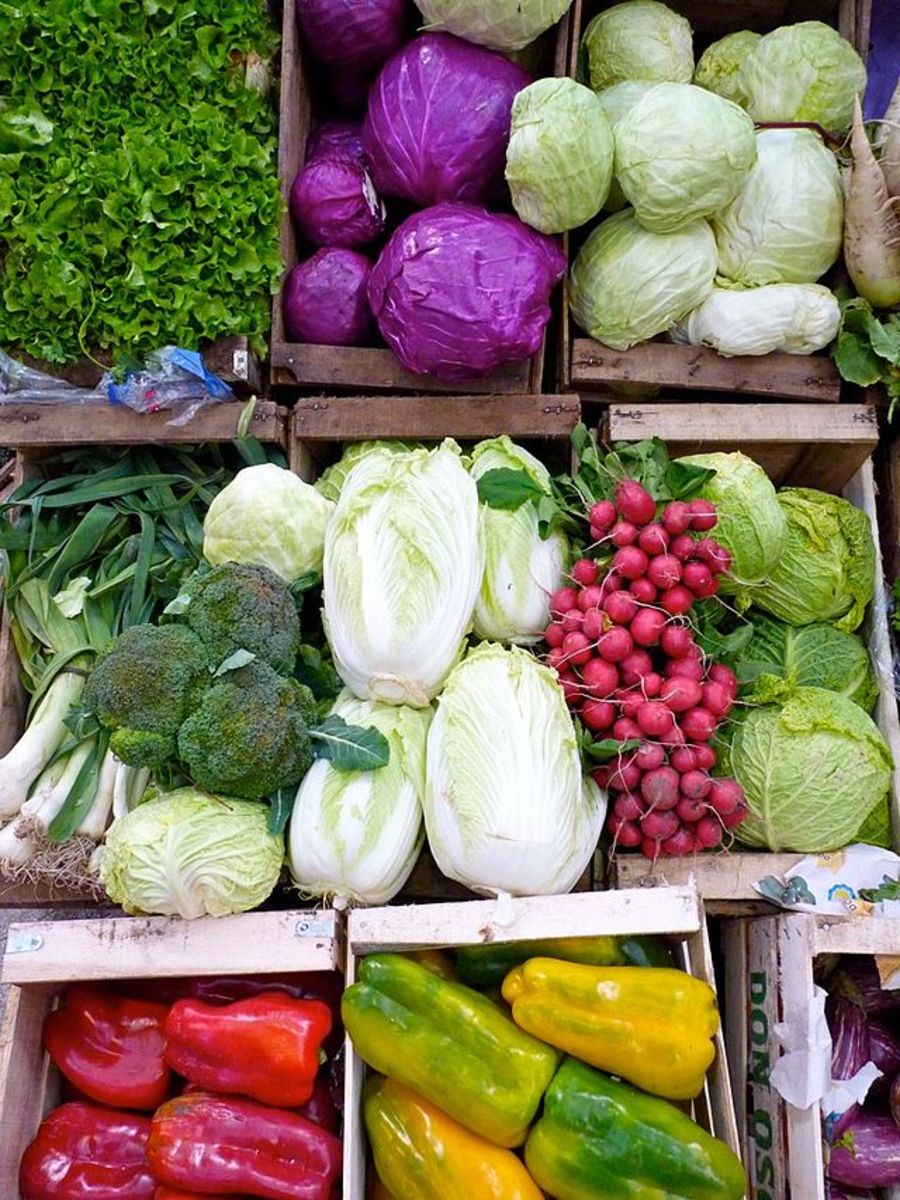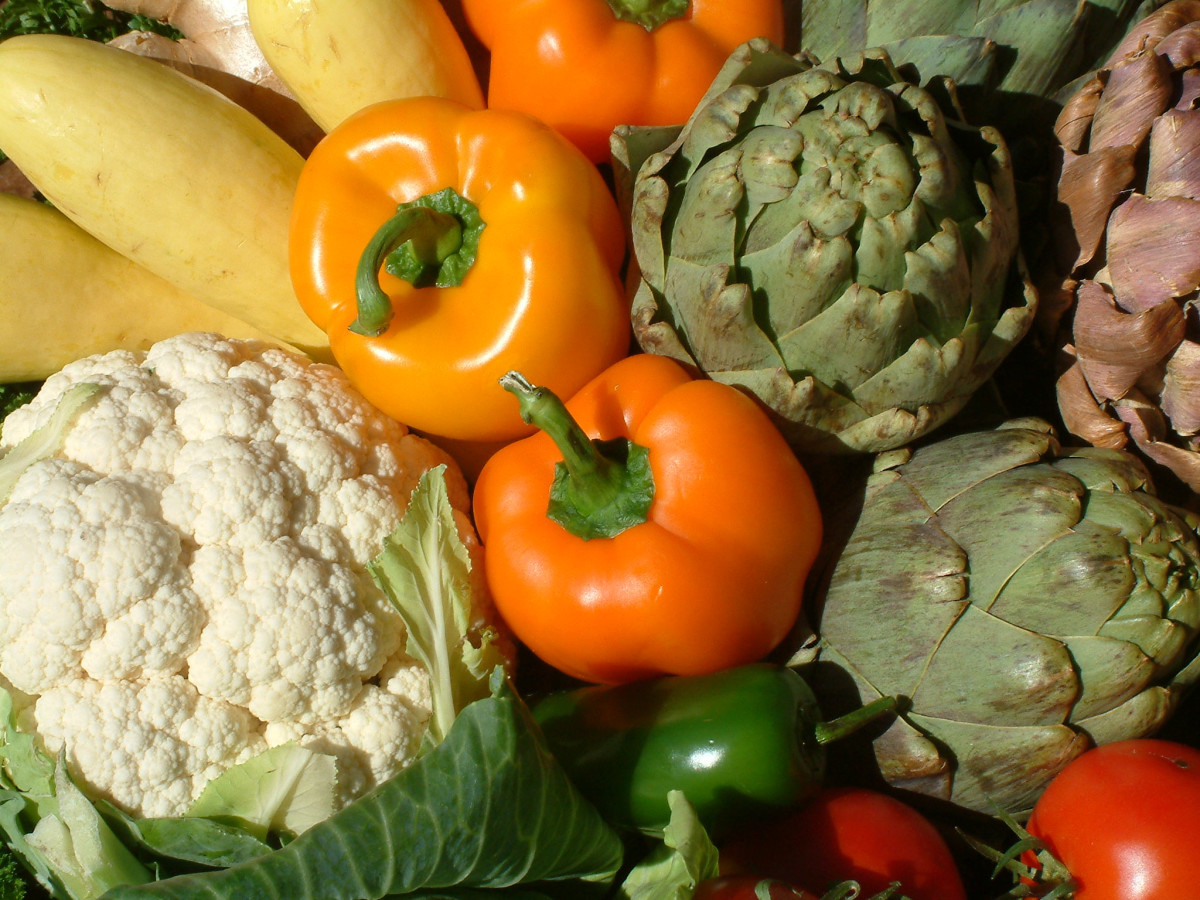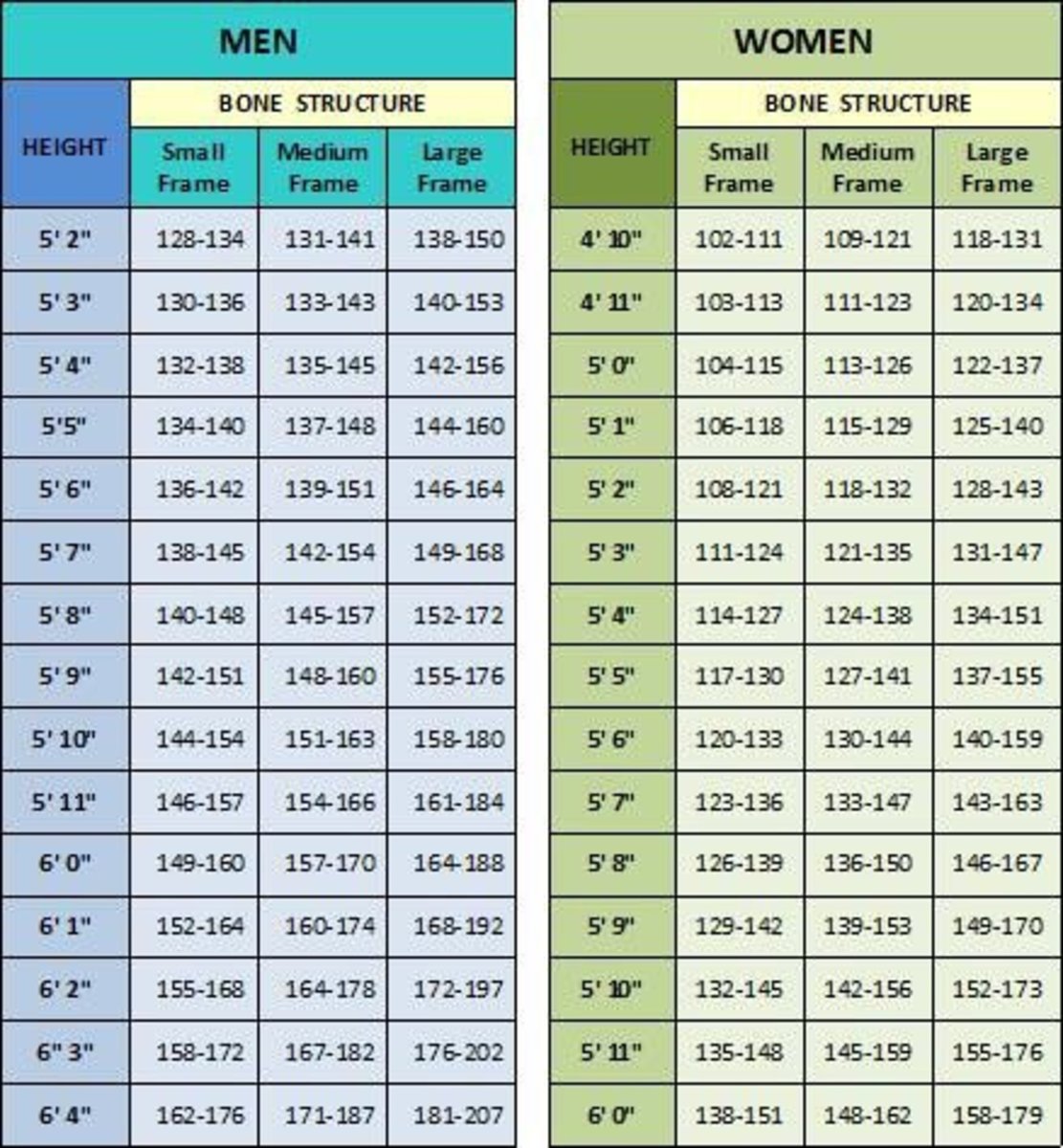Why to Become a Vegan
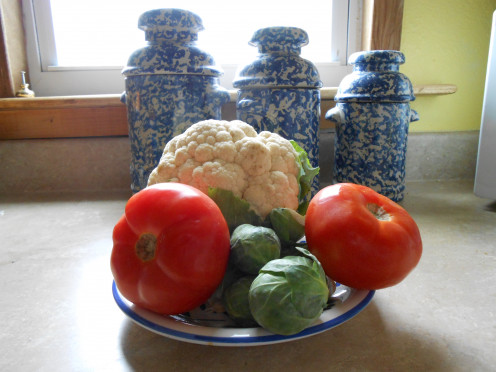
The boom of fast food chains and processed foods is taking its toll on our health. More and more people are suffering from chronic illnesses like Heart Disease, Diabetes, High Blood Pressure, Dementia, and more. Pharmaceutical companies are developing more and more drugs to treat what ails us. But is medication the only way?
More and more people are embracing the fact that our health is a mirror image of what we eat. Physicians and medical experts are now teaching their patients how to eat well to be healthy. Many people have adopted a plant based vegan diet only to find that they no longer need medication for high blood pressure, diabetes and high cholesterol. People who have struggled with obesity are enjoying the natural weight loss that comes with this lifestyle change.
If you have been looking for a way to improve your health and reduce your risk for developing chronic illnesses, the vegan diet may be for you!
Benefits of a Vegan Diet
You have probably been told for years to eat your vegetables and that vegetables are good for you. But just how good are vegetables and other plant based foods for you?
According to the Physician's Committee for Responsible Medicine, eating a diet based on plant foods can dramatically improve your health and repair and reverse some of the damage from disease that has been done over the years. Plants are naturally high in fiber and low in saturated fat. In other words, they are naturally healthy for you.
Some of the many benefits that you can glean from a vegan diet include:
- a 40% decrease in risk of developing cancer as compared to those who eat meat and dairy products;
- prevent heart disease and reverse atherosclerosis. Atherosclerosis is hardening of the coronary arteries caused by build up of cholesterol and calcium which is otherwise known as plaque.
- lower blood pressure. Because plants have no cholesterol and low sodium, eating a vegan diet has been shown to lower blood pressure within 2 weeks.
- better control and reversal of adult onset diabetes. Eating a vegan diet that is naturally high in fiber and complex carbohydrates allows insulin to work better. So, blood sugar is more easily controlled. The need for insulin injections in adult onset diabetes can be decreased or totally eliminated.
- reduced risk of kidney stones.
- reduced risk of gallstones.
- decreased risk of osteoporosis. Eating meat may actually draw calcium out of bones, thus promoting osteoporosis. Countries eating primarily plant based diets have a lower incidence of osteoporosis than the USA.
- decreased incidence and severity of asthma attacks.
- reduced risk of Alzheimer's Disease.
- natural weight loss.
Vegan vs Vegetarian
The term, vegetarian, describes a variety of diets that are plant based. Veganism is actually a form of vegetarianism. Under the umbrella term, vegetarian, there are many sub-categories. These sub-categories include:
- Vegetarian - a broad term used to describe a person who consumes a plant based diet that does not include meat, fish or poultry
- Semi-Vegetarian - describes someone who eats a plant based diet including poultry, seafood, dairy, and eggs. Semi-vegetarians do not eat red meat.
- Ovo-Lacto Vegetarian - eats a plant based diet and includes eggs and dairy
- Ovo Vegetarian - consumes a plant based diet and includes eggs.
- Vegan - describes those who eat a plant based diet that does not include meat, poultry, seafood, dairy, or eggs.
The difference between the vegan and vegetarian diet are simple. The vegan diet is considered the strictest of vegetarian diets and also includes a life philosophy. The vegan lifestyle is driven by compassion for animals. Vegans do not consume any animal products but also do not use any animal products like leather, wool, silk, or down.
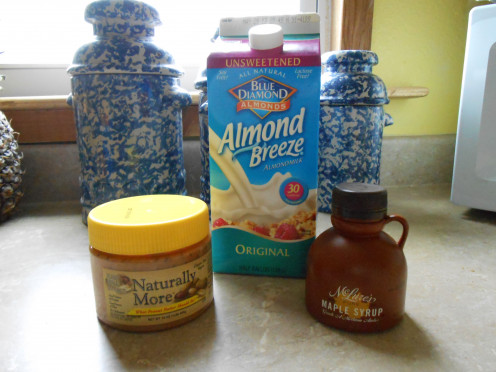
What Can Vegans Eat?
Vegans eat a healthy variety of grains, legumes, vegetables and fruits. If you have been a meat eater all of your life, you may think that by eliminating meats from food choices that your new diet will be bland and limited. Nothing could be further from the truth! A vegan diet can be varied and offers a wide selection of foods that provide the protein ordinarily consumed in the form of meat, eggs and dairy.
When eating grains, vegans focus on healthy whole grains. Whole grains have not been stripped of their bran and are high in fiber. They are complex carbohydrates that our bodies must work on for a period of time to digest. Whole grain foods take more time to chew and are more satisfying than their refined counterparts. You can increase whole grains in your diet by eating whole wheat or other whole grain bread, whole wheat pasta, and brown rice.
Legumes play a big role in the vegan diet. An excellent source of protein, legumes are seeds that grow within pods. Usually, it is the seed that is eaten. However, some pods are also consumed. This is the case with peas. Legumes are a wonderful source of protein, and just 1/2 cup provides 15% of the daily allowance of protein. Great sources of legumes include beans, lentils, peanuts, chick peas, and peas.
At the core of the vegetarian diet are vegetables. Vegetables provide vitamins and minerals, fiber, and small amounts of protein. Visit your local produce aisle and check out the wide variety of vegetables that are a part of both the mainstream American diet and the vegan diet.
Fruits provide additional fiber, vitamins, minerals, and a wonderful sweet or tart flavor. Usually used for desserts or snacks, fruits can be added easily to many recipes for a delightful new taste!
While typical dairy products are not consumed on the vegan diet, many alternatives are available. Almond or soy milk can be used instead of cow's milk. Ice cream made from soy or coconut milk is delicious! Visit your local organic or whole food market to learn about alternative dairy products.
Condiments like mayonnaise also have vegan counterparts made from plant sources. Pure maple syrup is an excellent sweetener. Give some condiments a try to discover which you like.
Vegan Diet Basics
view quiz statisticsProtein in the Vegan Diet
Called the "building block of life," protein is essential the the repair and growth of the body. According to the Physician's Committee on Responsible Medicine the average American consumes twice as much protein as is actually needed. Worse than that, though, is that the protein is usually from animal products that are high in cholesterol and saturated fat. It is recommended that you use simple math to determine your daily protein needs. To find your daily requirement of protein, use this equation:
your body weight (in pounds) x 0.36 = your daily protein requirement in grams
Protein needs can be easily met in the vegan diet. It is recommended that rather than focusing on counting grams of protein, you simply focus on eating a balanced diet that includes:
- 5 or more servings of grain daily;
- 3 or more servings of vegetables daily; and,
- 2-3 servings of legumes daily.
High Protein Foods in the Vegan Diet
Food
| Amount
| Grams of Protein
|
|---|---|---|
Black Beans
| 1 cup
| 15 g
|
Chick Peas
| 1 cup
| 14.5 g
|
Peanut Butter
| 2 tbsp
| 8g
|
Seitan
| 4 oz
| 24 g
|
Tofu
| 1/2 cup
| 19.9 g
|
There are many plant based foods that are very high in protein and low in calories, cholesterol and saturated fat.
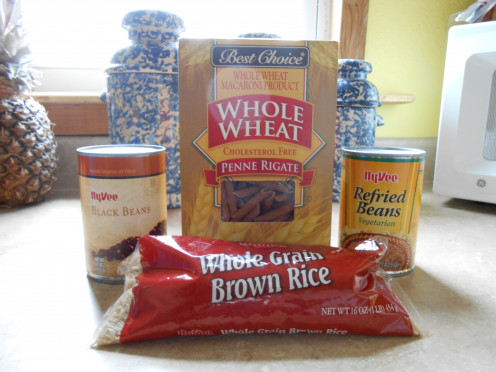
How to Be a Healthy Vegan
A vegan diet that includes a variety of whole grains, legumes, vegetables and fruits is naturally rich in vitamins and minerals. The one vitamin that is not available in plant foods is Vitamin B12. This vitamin is primarily found in animal products. Most multivitamins contain B12, and this is an option for ensuring your intake is adequate.
B12 is also available in fortified foods like cereals, soy milk, alternative meat products, and nutritional yeast. The daily requirement of Vitamin B12 is 2.4 mcg (micrograms) per day. One serving of a fortified cereal can provide more than twice the daily recommended allowance. So, read your labels and check for B12. Then, plan your meals to include those foods that will provide B12.
Learn More About the Benefits of a Vegan Diet
Books by Dr. Neil Barnard
Need More Information About the Benefits of a Vegan Diet?
Forks Over Knives is an excellent resource for understanding all of the benefits of a vegan diet. The documentary showcases the life work of two prominent physicians, T.Colin Campbell, MD, and Dr. Caldwell B. Esselstyn, Jr., MD. Dr. Campbell's 40 years of nutritional research include The China Project which is the most comprehensive study on the impact of nutrition on health. Dr. Esselstyn's work has focused on the long-term affect of plant based nutrition on the arresting and reversal of heart disease. Forks Over Knives is a must see for the benefit of your health and fully explains the risks of eating animal products and the benefits of a plant based diet.
The Physician's Committee for Responsible Medicine is another great resource for learning more about how a plant based diet can improve health and longevity. Dr. Neil Barnard is the president of the organization. PCRM focuses on educating physicians, nurses, dietitians and community members on how plant foods can prevent and reverse many diseases, including diabetes, heart disease, alzheimer's disease, and cancer. The site is full of great information on how to implement a vegetarian diet. I encourage you to try the 21 Day Vegan Kickstart!



